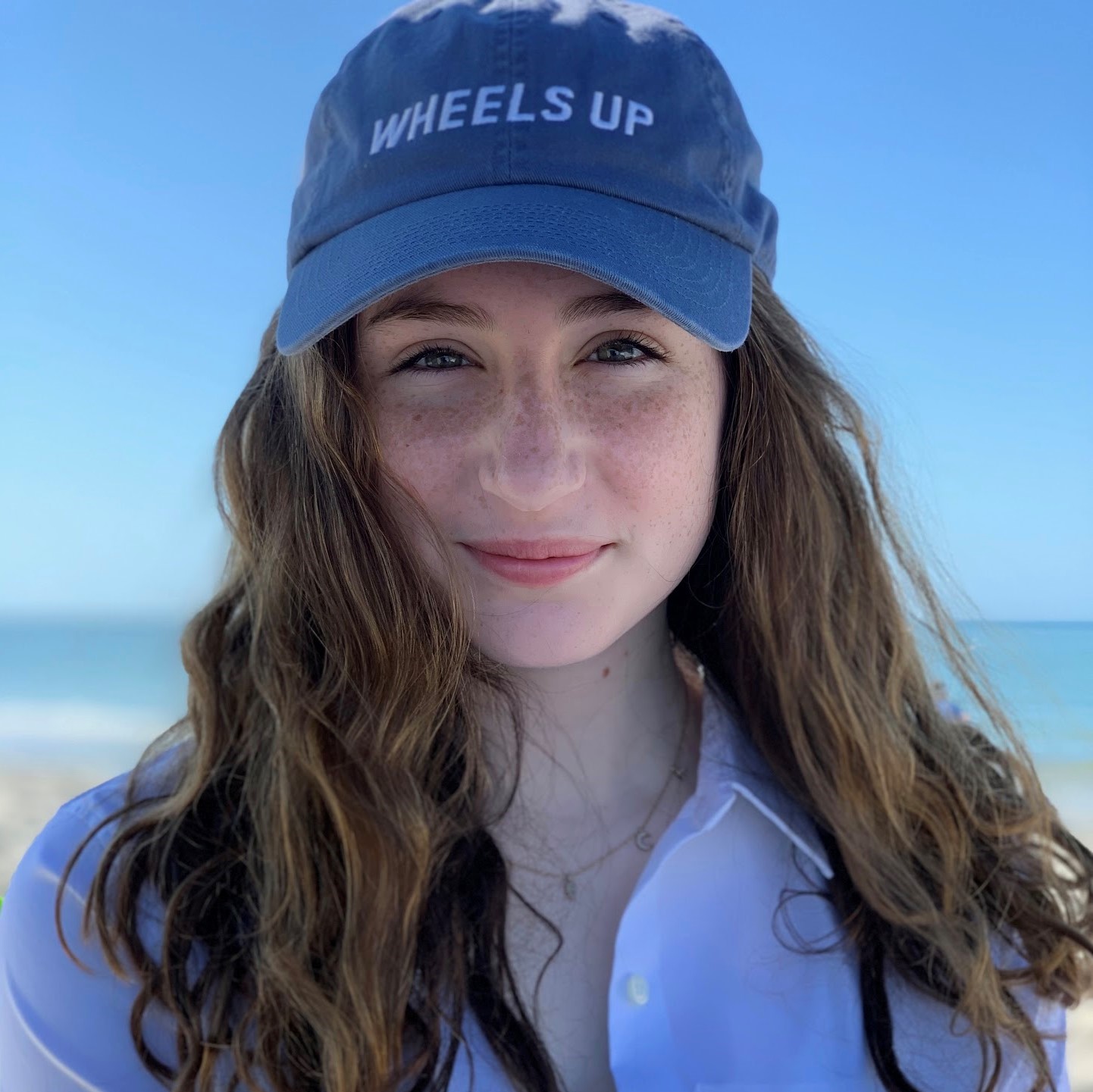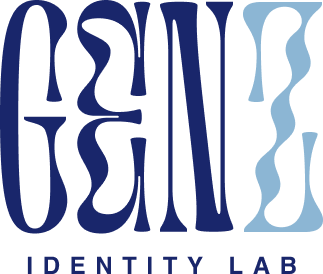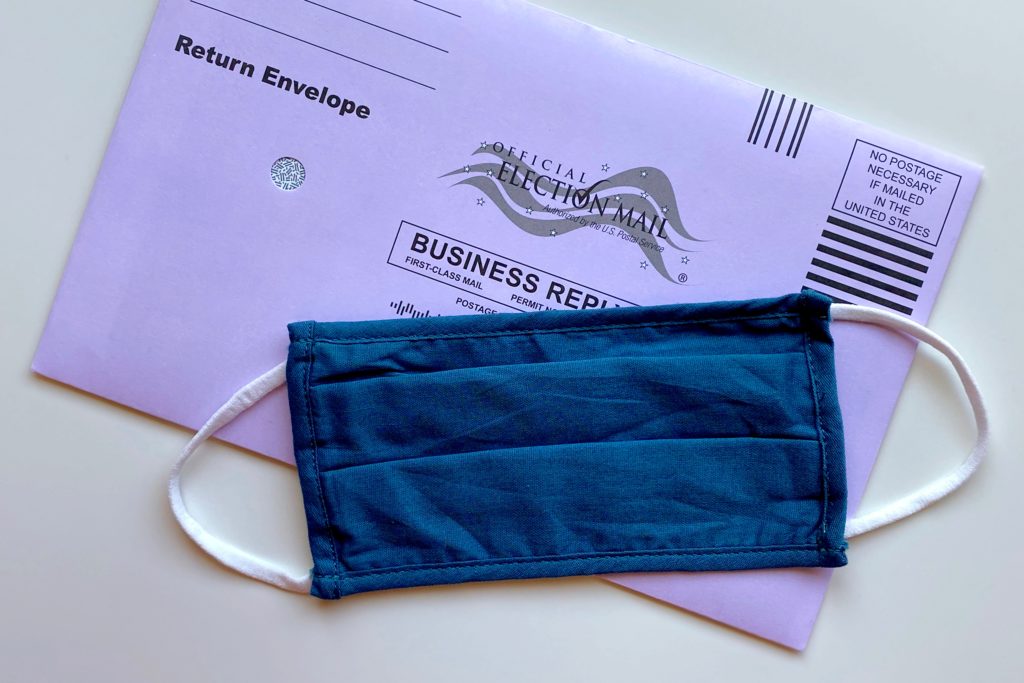Although 56.4% of young voters choose to affiliate with a political party, a record 33.1% of young voters identify as independents. As millions of Gen Zers gear up to cast their ballots for the first time in November, this one-third has the ability to make their voices heard and will hold election-swaying power in their hands.
That is, if they even vote.
Gen Z is on track to become the most well-educated generation yet. Consequently, the mass youth acceptance of the nonpartisan can initially be traced back to education. Young people who have completed levels of higher education are more likely to deviate from their parents’ beliefs, especially if those beliefs are strictly partisan. Gen Z’s openness to new ideas and progressive values makes for an easy transition into a more fluid blanket term: disaffiliation.
“[Gen Z] is a particularly liberated generation,” says Carolyn DeWitt, president and executive director of Rock the Vote, in an interview with Teen Vogue. “…They reject labels and putting things in boxes, and that tendency isn’t exclusive to politics… They’re rethinking and reimagining systems and institutions and terms and even ideas.”
These young independents have diverse political identities. Some lean towards the left, others the right, but all adopt the “focus on the issues, not the party” mentality. In fact, many would like to reform the two-party system altogether.
For years, disillusionment in party establishments has been bubbling up due to an increase in political polarization. After decades of relatively little polarization between Democrats and Republicans, the parties began pulling apart in the mid-1970s amid the Watergate scandal. A Pew Research Center study reports that Americans are more ideologically polarized than they have been in at least 20 years, citing a diminishing political center and lack of ideological overlap.
Today, an influx of political scandals, heightened media-based paranoia, Congressional partisan gridlock, and the behavior of both parties’ establishments during the 2016 and 2018 elections have increased civic distrust within young adults. The rocky political climate of Gen Z’s childhood and youth has led to an issue-based focus in politics, not a party one.
“Independents become independents because we are repelled by the current political system – by the self-dealing and arrogance of politicians and political parties,” explains Independent Voting, a national strategy, communications, and organizing center looking to “reform America’s political process. A mix between an education-driven, open mindset and a disdain for a broken, screaming political system has guided Gen Z towards the nonaligned.”
However, there is a fine line between disaffiliation and disaffection.
In a 2018 poll, only one in four young independents said they were likely to vote in the midterm elections. In another survey, just one-third of those who don’t lean toward either party reported voting. Although Democratic leaners and Republican leaners were considerably more likely to say they voted, both groups reported lower voting rates than partisans.
Young independent voters often find themselves swarmed by smooth-talking campaigners, swamped with voter registration emails, or inundated with election brochures. The upcoming presidential elections will expose the extent to which these campaign efforts are futile. Independents tend to have more cynical views of political parties and affiliated candidates, leading to a curtailed level of political engagement. The number of independents who cast a ballot may change in light of current events, such as the government’s response to the COVID-19 pandemic and the U.S. racial reckoning following George Floyd’s death.
But there is no telling how, or if, newly-registered Gen Z independents will vote this November. Either way, it is indisputable that young independents feel embittered, not just by party establishments, but by the electoral system in its entirety. And neither of these core grievances will be fixed before the polls open.

Born in New York City and now a frequent visitor, Liv moved to Miami at a young age and is a student at Ransom Everglades School where she is a member of the Speech & Debate and Academic teams. Liv is fifteen years old and most passionate about politics and innovation in education systems. An aspiring political analyst, in Fall 2020, Liv is launching Phos, a YouTube series for high school students that shines a light on and dissects recurring issues in the news and current events from multiple perspectives. She is thrilled to contribute to Gen Z Identity Lab to help share diverse points of view that move peer conversations from thoughts to actions to change.


